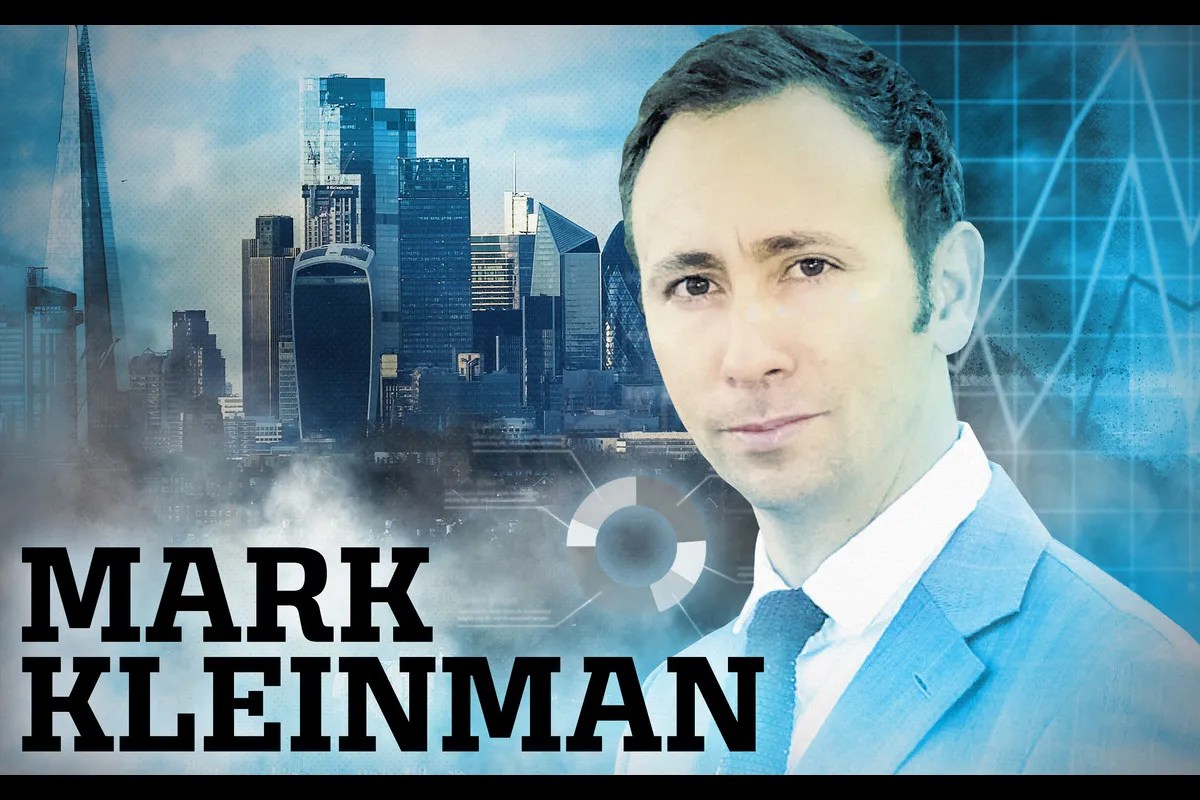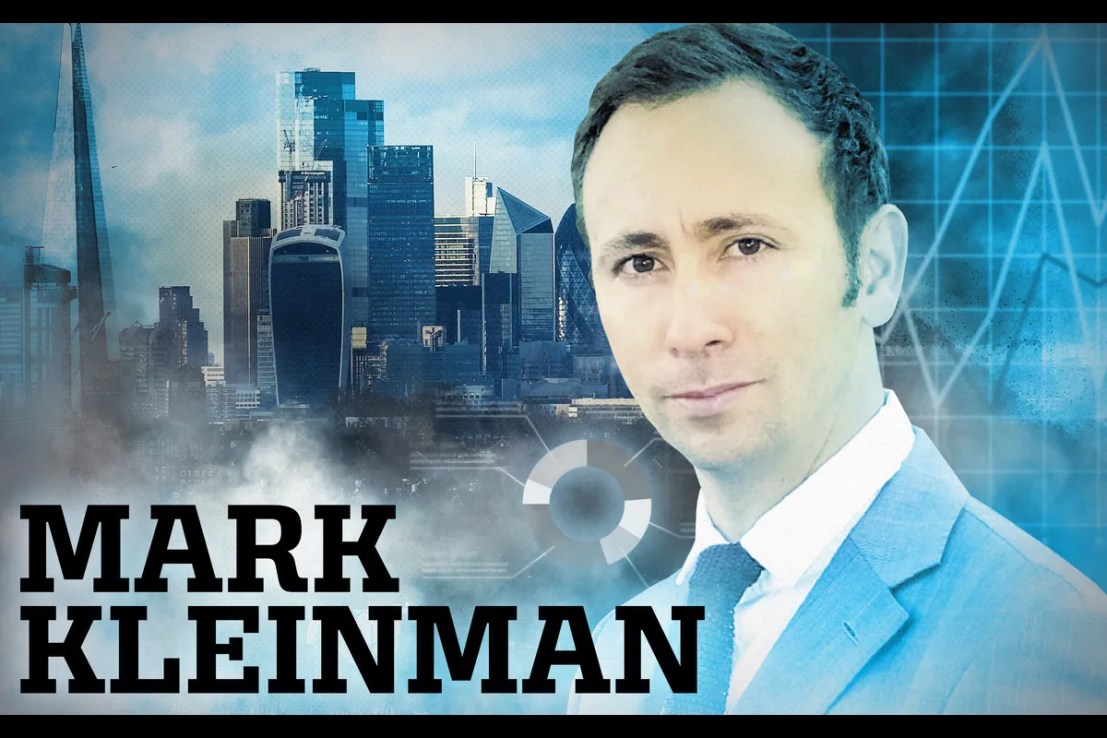Mark Kleinman: Handbags (and more) at dawn for activist Ashley
Mark Kleinman is Sky News’ City Editor and is the man who gets the Square Mile talking in his weekly City AM column. This week he tackles Mike Ashley’s newfound penchant for activist investing, Homebase’s turnaround and and Burberry’s flip-flopping Handbags (and more) at dawn for activist Ashley Paul Singer, Bill Ackman…and Mike Ashley? On the list [...]


Mark Kleinman is Sky News’ City Editor and is the man who gets the Square Mile talking in his weekly City AM column. This week he tackles Mike Ashley’s newfound penchant for activist investing, Homebase’s turnaround and and Burberry’s flip-flopping
Handbags (and more) at dawn for activist Ashley
Paul Singer, Bill Ackman…and Mike Ashley? On the list of prominent activist investors, the name of Britain’s most belligerent retail tycoon might appear something of an anomaly. His current wave of corporate activity in the London market suggests otherwise.
Mulberry, the luxury handbag maker, feels like something of an appetiser, with Ashley’s Frasers Group having tabled, then walked away from, a series of offers for the company. In reality, given the entrenched position of Ong Beng Seng, the Singaporean who controls a majority stake in Mulberry, a bid was always unlikely to succeed.
So onto the main course: Boohoo, the struggling online fashion retailer which owns Debenhams, Burton and PrettyLittleThing and which announced a cash call to raise nearly £40m last week.
Frasers has demanded in recent weeks that Ashley be installed as Boohoo’s chief executive; not only was this request rejected, but Dan Finley, a former JD Sports Fashion and Debenhams executive, was appointed instead. For any keen Ashley-watchers, that was the executive search equivalent of a double-red rag to a bull.
He now wants Boohoo, which announced a strategic review last month, to refrain from selling assets, arguing that the company has completely mismanaged its portfolio. The 90% fall in its share price from its peak lends credibility to Ashley’s argument, although Frasers’ own stock price performance hasn’t been particularly pretty of late either.
Frasers will undoubtedly be targeting Boohoo’s shareholders to see if it can win them over, with Camelot and Schroders the key institutional players which could help swing the argument decisively in Ashley’s favour.
Arguably, his activism has been launched at the most inopportune time possible for Boohoo’s board – complete with a new CEO – at the start of the key festive trading period, with leadership singularly focused on shifting as much product as possible.
That won’t bother him one bit. Ashley’s steady progress towards something approaching the corporate mainstream is exemplified by my scoop last week that the former head of the audit watchdog, Sir Jon Thompson, will be named as Frasers’ next chairman in the coming months. Ultimately, in the case of Boohoo, the most sensible thing for Ashley to do would be to bid for it outright and let shareholders decide for themselves.
Homebase’s revival will be a tough DIY job
Talk about a DIY downsizing. After four decades and four careful – and one not-so-careful Australian – owners, Homebase is again in new hands.
A pre-pack sale of over half its 130 stores, brand and e-commerce operations to CDS, the owner of The Range, ensures that one of Britain’s best-known home improvement chains lives to fight another day. But after the retail equivalent of pass-the-parcel commenced with Sainsbury’s decision to sell the business to Schroder Ventures in 2001, it was Hilco Capital, the specialist retail turnaround investor, which accepted a hospital pass.
It bought a company hopelessly re-engineered by Wesfarmers, the Australian group, and was then, like other retailers, forced to contend with the impact of COVID-19 and the subsequent cost-of-living crisis. Damian McGloughlin, Homebase’s chief executive, arguably understated it when he said as administrators were being appointed that it had been “an incredibly challenging three years for the home and garden improvement market”.
“A decline in consumer confidence and spending following the pandemic has been exacerbated by the impact of persistent high inflation, global supply chain issues and unseasonal weather,” he went on.
Chris Dawson, the supremo behind The Range chain of general merchandise stores, now has an opportunity to prolong the brand’s life, although the prospects for roughly 2,000 employees who are not transferring to the new owners look bleak.
Scrutiny will naturally attach to the most recent period of ownership, but given the gamble Hilco took when it acquired the business in 2018, Homebase would probably have disappeared altogether if it hadn’t stepped in. Corporate failure is a fact of corporate life, and turnaround investors confront more of that than most.
A silly season story grips the luxury flip-flop specialist
The M&A rumour mill. The silly season. Call it what you will; it’s certainly in full flow. Take Burberry, the seemingly perpetually faltering luxury brand, as exhibit A. For weeks, rumours of a takeover bid for the London-listed company persisted, with Moncler, the Italian fashion house, identified as the likely buyer.
One report went so far as to say that staff at one of Burberry’s London stores had been briefed on the potential offer from Moncler but been told not to discuss it until an official announcement had been made.
Come again? If this was how a major public company handled a sensitive corporate transaction, it would make a laughing stock of the UK’s takeover rules. Yet by failing to quash such a rumour and allowing its share price to run up on the back of it, Burberry also did its own investors and the wider market a disservice.
In the end, new chief executive Joshua Schulman – formerly of Jimmy Choo and Michael Kors – sparked a more substantiated spike in its stock price, saying he would act with urgency to transform the fortunes of a brand which has been bafflingly mismanaged for years. His strategy needs further fleshing out, but investors clearly liked what they heard. Mind you, Burberry’s board has engaged in so many corporate flip-flops, perhaps those should become its flagship product?

